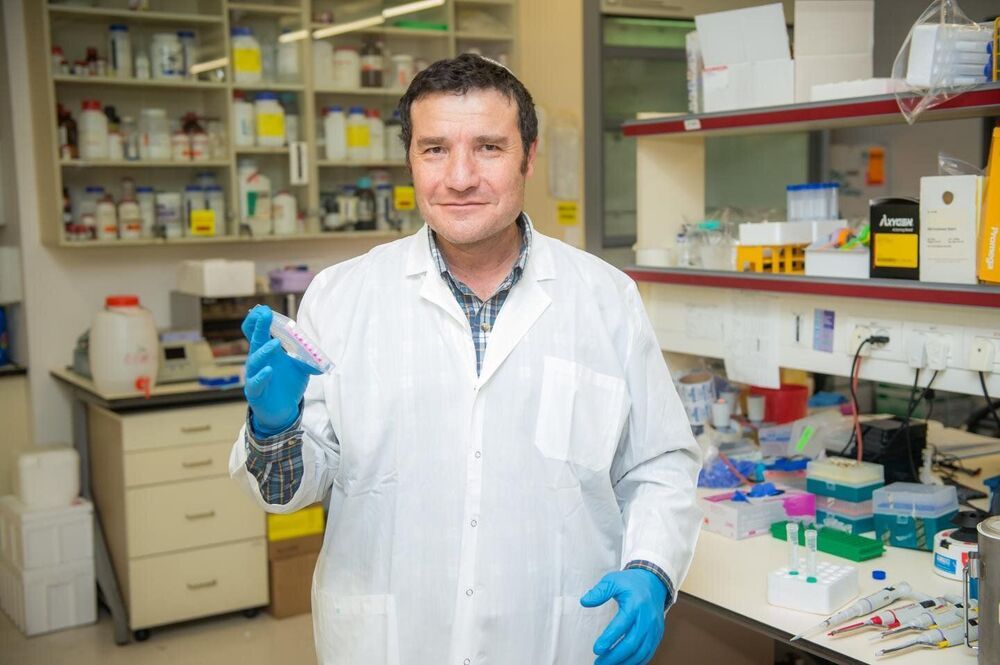I imagine it would pool into two groups: one made up of ivory tower PhDs quibbling over their latest studies, and one made up of conspiracists who are a little too quick to conflate science with magic.
Affiliate Disclaimer: Longevity Advice is reader-supported. When you buy something using links on our site, we may earn a few bucks.
Update 6/7/2021: This post has been updated since we originally published it in August 2020. Several new longevity life extension blogs have been added and one that is no longer active has been removed.
What would the longevity community look like without life extension blogs?





